Dystopian, post-apocalyptic, mockumentary: these are common, even hackneyed genres in today’s movies and television. But when film-maker Peter Watkins deployed them in the 1960s, they were revolutionary, and Watkins himself was revolutionary as well – an English revolutionary, in fact, alive to the cruelty and iniquity of kings but also to that of people bent on decapitation. His cinema persistently asked questions about those in power, and what will happen when their power goes catastrophically wrong. An artist dedicated to challenging and upsetting, Watkins came from the dissenter tradition of uncompromising radicalism on screen and stage – the same tradition as Edward Bond, Ken Loach and Dennis Potter.
His enduringly brilliant and angry anti-nuclear drama The War Game was commissioned but then banned by the BBC in 1965. (It screened in cinemas, and was finally shown on television a couple of decades later.) It lasts just 47 minutes but viewers felt they had lived through a lifetime of fear. When I first saw it as a teenager at a CND meeting 15 years after it was made, it seemed as if I had entered a new era of disillusioned adulthood.
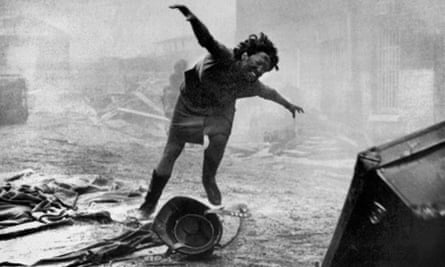
Movie audiences knew about Kubrick’s Dr Strangelove, which had been released in 1964, and they may have known about Sidney Lumet’s Fail Safe from the same year, but The War Game was chillingly different. Strangelove and Fail Safe, in their different ways, were top-down dramas, dramatising the people in charge. The War Game is about the ordinary people on the ground: the chivvied, anxious, ordinary British people glumly submitting to the instructions of the increasingly dumbstruck low-level admin types, a few minutes before and then during and after a nuclear bomb blast. We saw that these GPs, police, soldiers and civil servants, whose authority and expertise had been developed for the needs of the second world war, were grotesquely inadequate.
And the almost demonic genius of The War Game is that it is addressed to the viewer in the clipped, informative tone of a Protect and Survive public information film, a Reithian, Men-from-the-Ministry voice that would in other circumstances be deployed to bamboozle or soft-soap the public. Watkins uses it to reveal the awful truth. It is this voice that coolly comments as police constables execute irretrievably irradiated casualties in the street with specially issued revolvers, in an effort to prevent the health service from being overwhelmed.
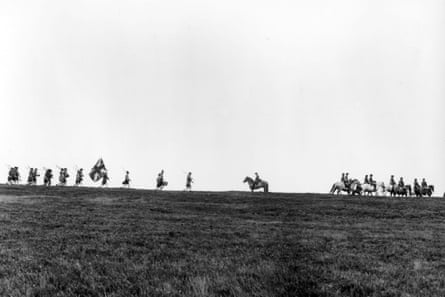
The film is all in the pseudo-documentary style, with the faces of shocked, wraithlike people looming up to the camera as they obediently answer the implacable narrator’s questions. The mockumentary form – so often used for irony, comedy and satire, and to undermine the status of media and television – is here deadly serious. Watkins used it to emphasise that this is real; what happens on screen in The War Game happened in Hiroshima and Nagasaki, and indeed in non-nuclear theatres of war including Dresden, Hamburg and Tokyo. Perhaps we in the west had been encouraged not to think about these things; to think they applied only to the defeated Axis powers – and since the passing of the Cuban missile crisis, that the problem was in any case at an end. Watkins fiercely told us: “No – it could happen and is happening.” The unstable geopolitical negotiations were always wobbling. Barry Hines’s Threads, from 1984 was the obvious inheritor of The War Game on British television.
Watkins’ mockumentary style was probably even more radical in his previous film: the 1964 BBC classic Culloden, in which a modern-day camera crew, like American photojournalists in Vietnam, have arrived to cover the Battle of Culloden in 1746, in which the Jacobite rebel forces of Charles Edward Stuart, “Bonnie Prince Charlie”, are decisively routed by the government army of the Duke of Cumberland, son of George II. There are no coy or arch shots of the ahistorical cameras or sound recordists; we just hear the calm, off-camera voice of the journalist “interviewing” the various foot soldiers, commanding officers and blue-blood leaders, with their faces crowding candidly up to Watkins’s camera in the same way.
The rebel forces – exhausted, underfed and outnumbered, beset with Scottish clan divisions and badly led by their vain, petulant leader – are horribly defeated. But Watkins doesn’t leave it there. His camera shows us the aftermath, and what would now be called war crimes. Cumberland’s men, cruelly overexcited by their victory, follow the retreating forces on the road to Inverness, slaughtering combatants and civilians alike in the service of “pacifying” the Highlands. When Cumberland’s forces bayonet the Jacobite wounded on the field of battle it is worryingly like those police constables shooting casualties in The War Game. And Watkins always emphasises how much the leaders and men have in common: they are brothers, cousins, kinsmen. Their differences are a function of war.
At the beginning of the 1970s, Watkins gave us a movie that is less well known than Culloden and The War Game, but is perhaps his masterpiece. Punishment Park, from 1971, is closer to the deadpan dystopian satire that was soon to be fashionable in Hollywood, but is absolutely characteristic of Watkins. Though it is set in the US, a crisp, received-pronunciation English voice introduces what is apparently to be a BBC-style documentary. The American government is getting tough with hippies, troublemakers and radicals, and makes them choose between 20 years in jail or a few days in the mysterious new “Punishment Park”. Of course most choose the Park, not knowing what is in store, and for once Watkins’ godlike narrator loses his cool at what is happening, eventually screaming in horror and disgust, as if Ludovic Kennedy or David Attenborough had been reduced to a nervous breakdown. It is an unforgettable moment.
Watkins’ career continued in its own way, and included a conventional bread-and-circuses satire of pop culture in Privilege (1967); a Bergman-esque and much admired account of Edvard Munch from 1974; the epic 14-hour anti-nuclear documentary project The Journey (1987); and another historical docudrama in 2000, La Commune (Paris, 1871), about the Paris Commune. The cold, clear flame of passion burned until the end.





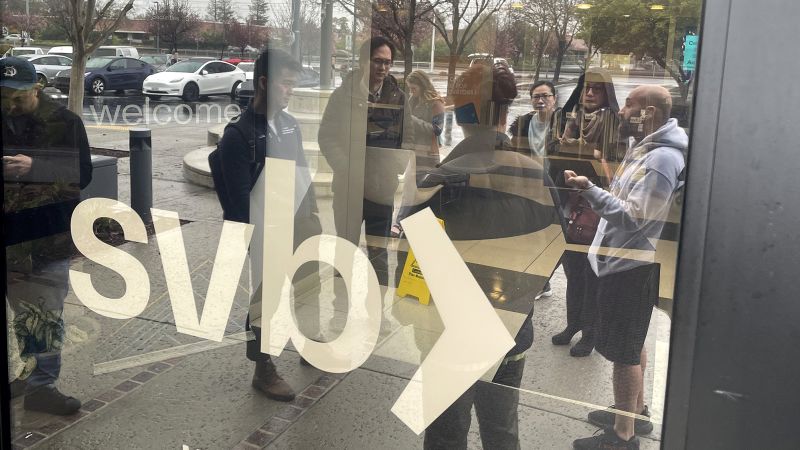

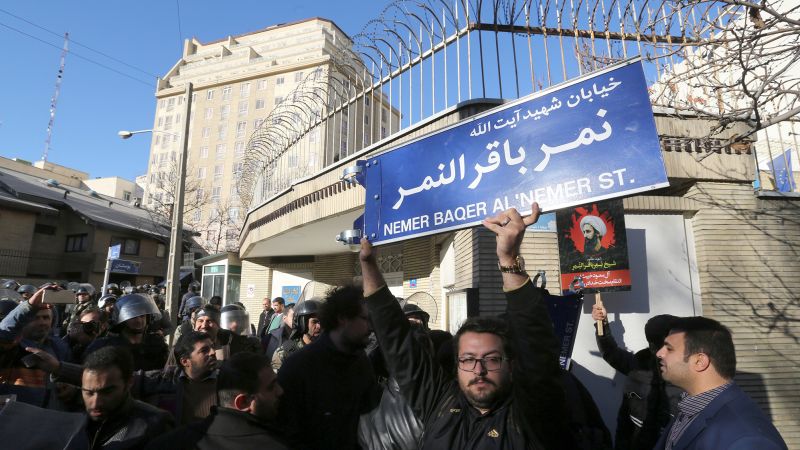
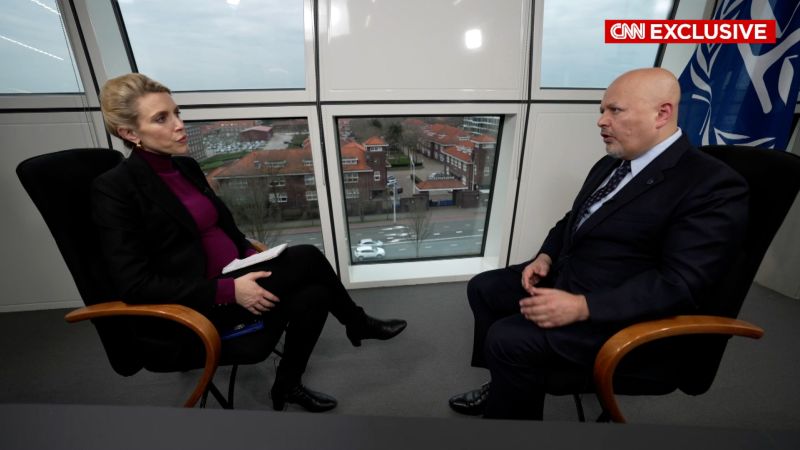
 English (US)
English (US)